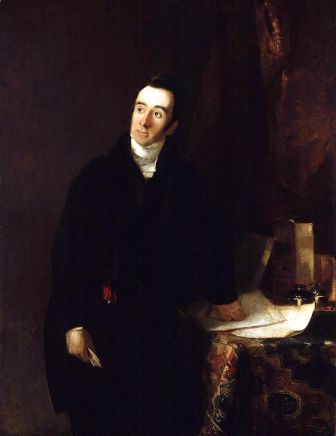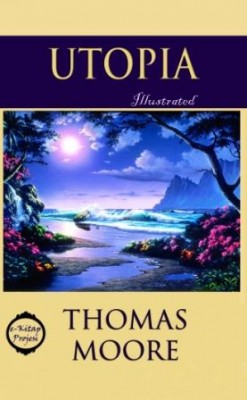More Search Results...

Thomas Moore (1779 – 1852) was an Irish poet, singer, songwriter, and entertainer, now best remembered for the lyrics of The Minstrel Boy and The Last Rose of Summer. He was responsible, with John Murray, for burning Lord Byron’s memoirs after his death. In his lifetime he was often referred to as Anacreon Moore.
Thomas Moore was born at 12 Aungier Street in Dublin, Ireland. over his father’s grocery shop, his father being from the Kerry Gaeltacht and his mother, Anastasia Codd, from Wexford. He had two younger sisters, Kate and Ellen.
From a relatively early age Moore showed an interest in music and other performing arts. He sometimes appeared in musical plays with his friends, such as The Poor Soldier by John O’Keeffe (music by William Shield), and at one point had ambitions to become an actor. Moore attended several Dublin schools including Samuel Whyte’s English Grammar School in Grafton Street where he learned the English accent with which he spoke for the rest of his life. In 1795 he graduated from Trinity College, which had recently allowed entry to Catholic students, in an effort to fulfill his mother’s dream of him becoming a lawyer. Moore was initially a good student, but he later put less effort into his studies. His time at Trinity came amidst the ongoing turmoil following the French Revolution, and a number of his fellow students such as Robert Emmett were supporters of the United Irishmen movement, although Moore himself never was a member. This movement sought support from the French government to launch a revolution in Ireland. In 1798 a rebellion broke out followed by a French invasion, neither of which succeeded.
Besides Emmet, another formative influence was Edward Hudson, also a fellow student at Trinity College, who played a crucial role in introducing Moore to Edward Bunting’s A General Collection of the Ancient Irish Music (1797), later one the main sources of his own collection of Irish Melodies.
Utopia
More’s “Utopia” was written in Latin, and is in two parts, of which the second, describing the place ([Greek text]—or Nusquama, as he called it sometimes in his letters—“Nowhere”), was probably written towards the close of 1515; the first part, introductory, early in 1516. The book was first printed at Louvain, late in 1516, under the editorship of Erasmus, Peter Giles, and other of More’s friends in Flanders. It was then revised by More, and printed by Frobenius at Basle in November, 1518. It was reprinted at Paris and Vienna, but was not printed in England during More’s lifetime. Its first publication in this country was in the English translation, made in Edward’s VI.’s reign (1551) by Ralph Robinson. It was translated with more literary skill by Gilbert Burnet, in 1684, soon after he had conducted the defence of his friend Lord William Russell, attended his execution, vindicated his memory, and been spitefully deprived by James II. of his lectureship at St. Clement’s. Burnet was drawn to the translation of “Utopia” by the same sense of unreason in high places that caused More to write the book. Burnet’s is the translation given in this volume.
More info →
































